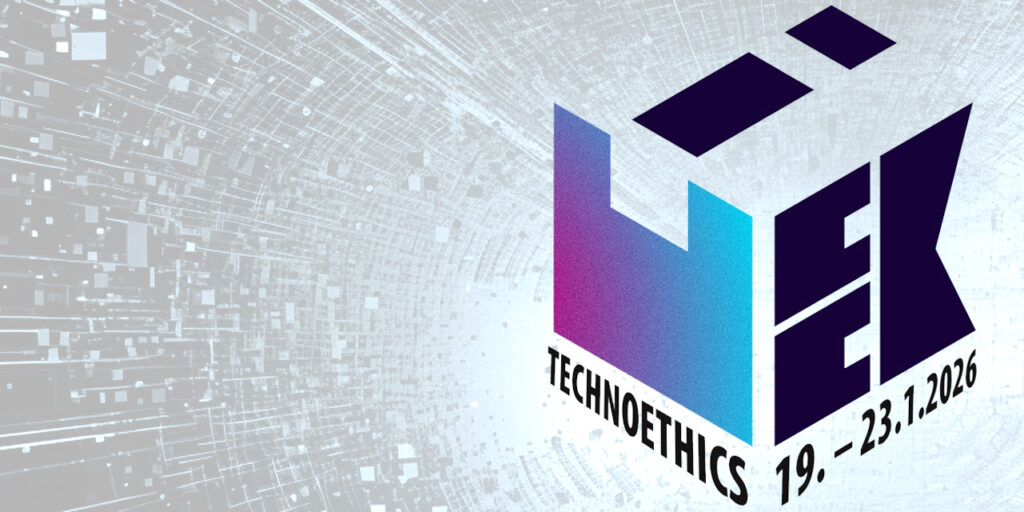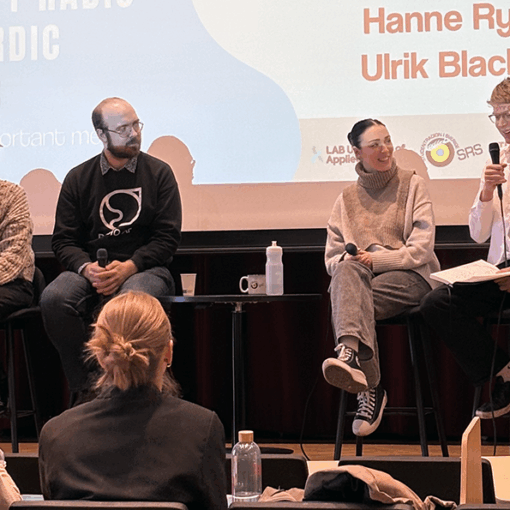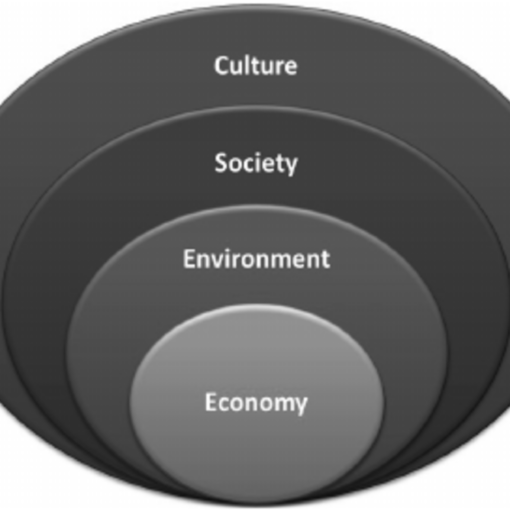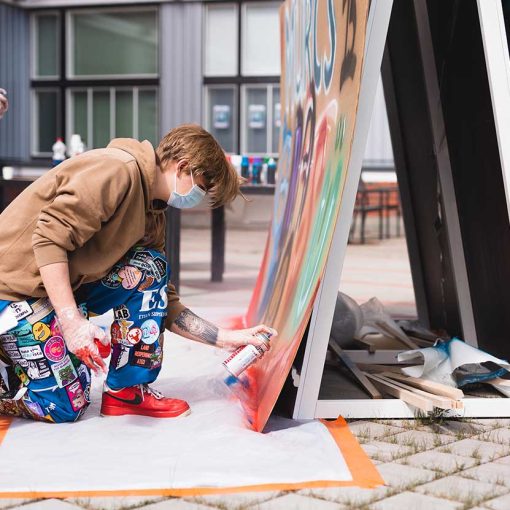Technoethics is the unifying theme of iWeek 2026 at the LAB University of Applied Sciences, taking place in Lahti from January 19 to 23. While not every session directly addresses ethics, the goal is to encourage all participants—students, educators, developers, designers, and researchers—to reflect on how technology both shapes and is shaped by human values.

Technoethics is not a separate discipline but a cross-cutting approach that can be applied to all areas of technology. It reminds us that technology is rarely neutral: it reflects the choices, priorities and power structures of the people and organisations behind it (Bowles 2018). Living in a ubiquitous technological society means that systems and services are increasingly data-driven and automated. The question is not whether we make choices between different options, but how conscious and responsible those choices are.
Why it matters now?
Algorithms filter information, automate decisions, and influence what we see, buy, or believe. This algorithmic infrastructure is essentially invisible, yet it plays a growing role in areas such as education, employment, healthcare and civic participation. The more power these systems gain, the more urgent it becomes to ask: what values are embedded in them? Who benefits—and who might be left out?
Technoethics offers tools to think critically, openly and systematically about such questions. Designers, developers and teachers alike make ethical decisions every day. Choosing not to use deceptive design patterns or employing emotionally manipulative UI tricks (also known as dark patterns) is an example of an ethical decision. Similarly, deciding whether to prioritise user privacy, accessibility, or sustainability reflects the values of those creating the system.
Ethical technology development means fostering openness, fairness, and courage in everyday decisions. As outlined in Gofore’s ethical design booklet (Leander et al., 2022), ethical digitalisation should be inclusive, prioritise people’s well-being, view technology as a collaborator rather than a replacement for people, and recognise the need for social innovations as much as technological ones. This approach is closely aligned with the holistic vision of Industry 5.0 by the European Commission (2021), which calls for human-centred, sustainable and resilient digital transformation. It also resonates with technological humanism, which positions humans—not systems or markets—as the primary agents of progress (Doueihi 2011).
When global platform infrastructures concentrate control over data, communication and digital labour, ethical questions become systemic. While we may avoid terms like “digital feudalism” in academic or institutional discourse, the concern behind the term is genuine: power asymmetries in the digital world are growing. Technoethics provides a framework for discussing these tensions constructively.
From discussion to shared practice
The goal of iWeek 2026 is not to solve ethical dilemmas once and for all but to encourage a shared mindset. Whether your session focuses on AI, UX/UI, game design, virtualisation, or data governance, reflect on your work’s social impact. How do your choices affect users, communities, or the environment? What values do you promote or neglect?
For students, engaging with technoethics during iWeek builds critical thinking skills. As responsible innovation becomes increasingly important, the ability to identify ethical implications and propose value-based solutions is becoming an important part of professional competence.
Ethical reflection is not an afterthought but an integral part of digital competence. It’s about both avoiding harm and creating long-term value for people and society.
iWeek 2026 invites us to ask critical questions at every design stage: Who might be excluded? What unintended consequences could follow? Does this solution support or undermine human autonomy?
By embracing technoethics as a shared perspective, we move closer to building technologies that foster trust, equity, and a future worth living in. iWeek 2026 is an invitation to join this essential conversation.
Author
Harri Heikkilä, Principal lecturer of visual communication and UX/UI, LAB University of Applied Sciences serves as an expert in planning of iWeek.
References
Bowles, C. 2018. Future Ethics. NowNext Press.
Doueihi, M. 2011. Digital Cultures. Harvard University Press.
European Commission. 2021. Industry 5.0 – Towards a sustainable, human-centric and resilient European industry. Cited 9 Oct 2025. Available at https://op.europa.eu/en/publication-detail/-/publication/468a892a-5097-11eb-b59f-01aa75ed71a1
Leander, S., Sahal Estimé, M. and Vihavainen, S. 2022. Ethical design – Towards socially sustainable digitalisation. Gofore. Cited 9 Oct 2025. Available at https://gofore.com/en/ethical-design-booklet/




